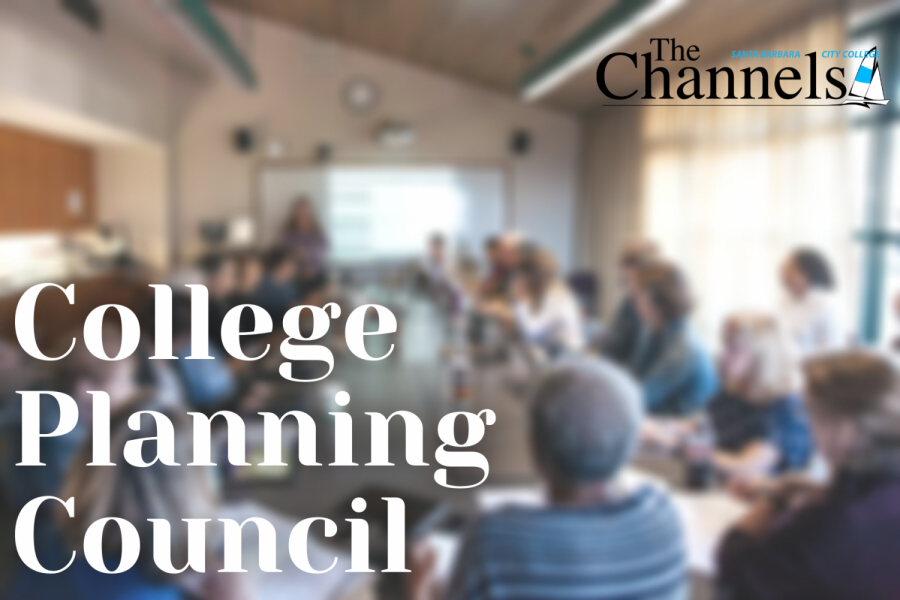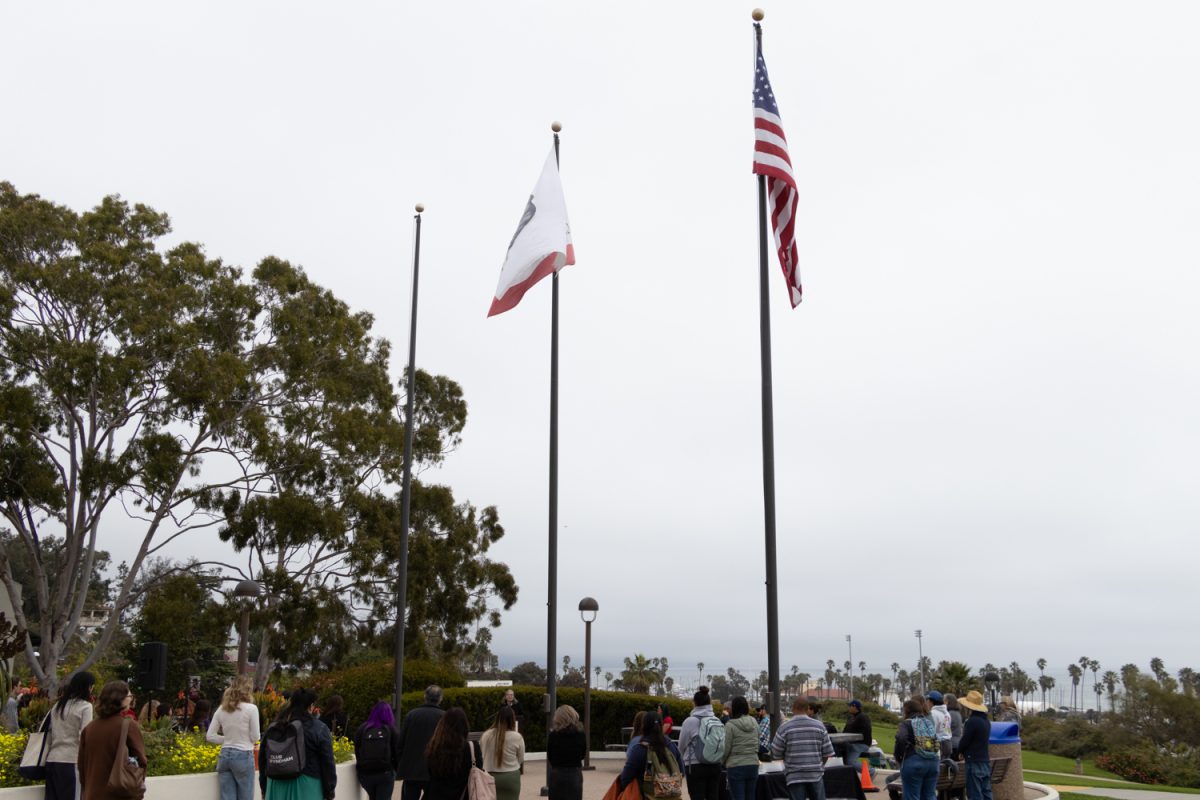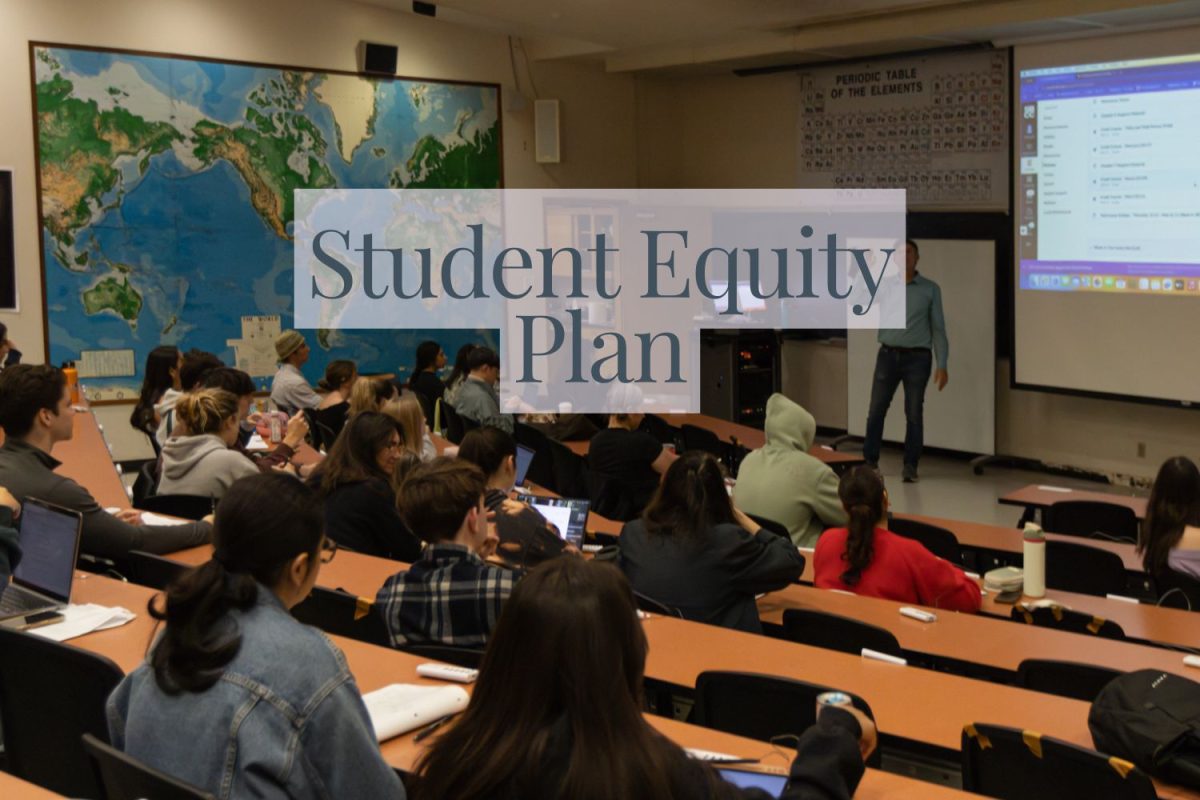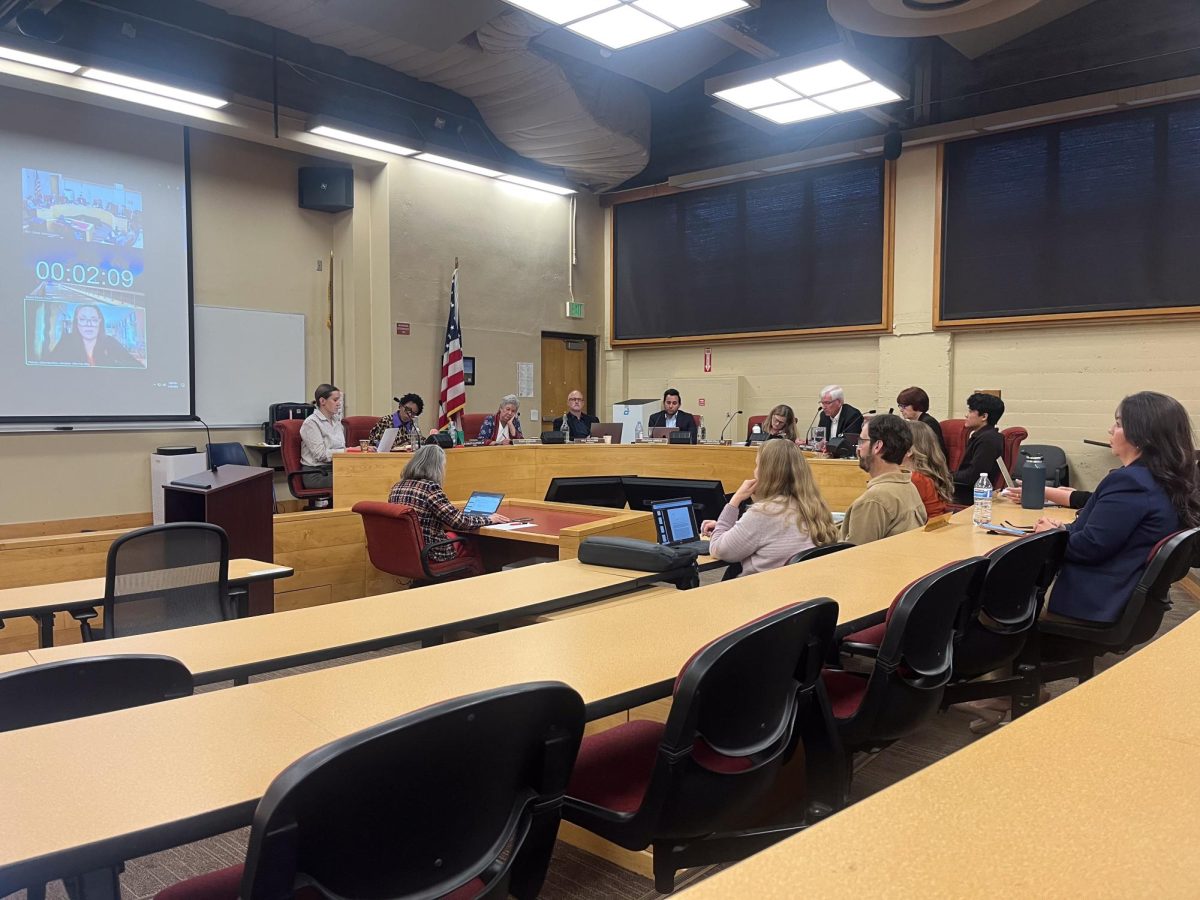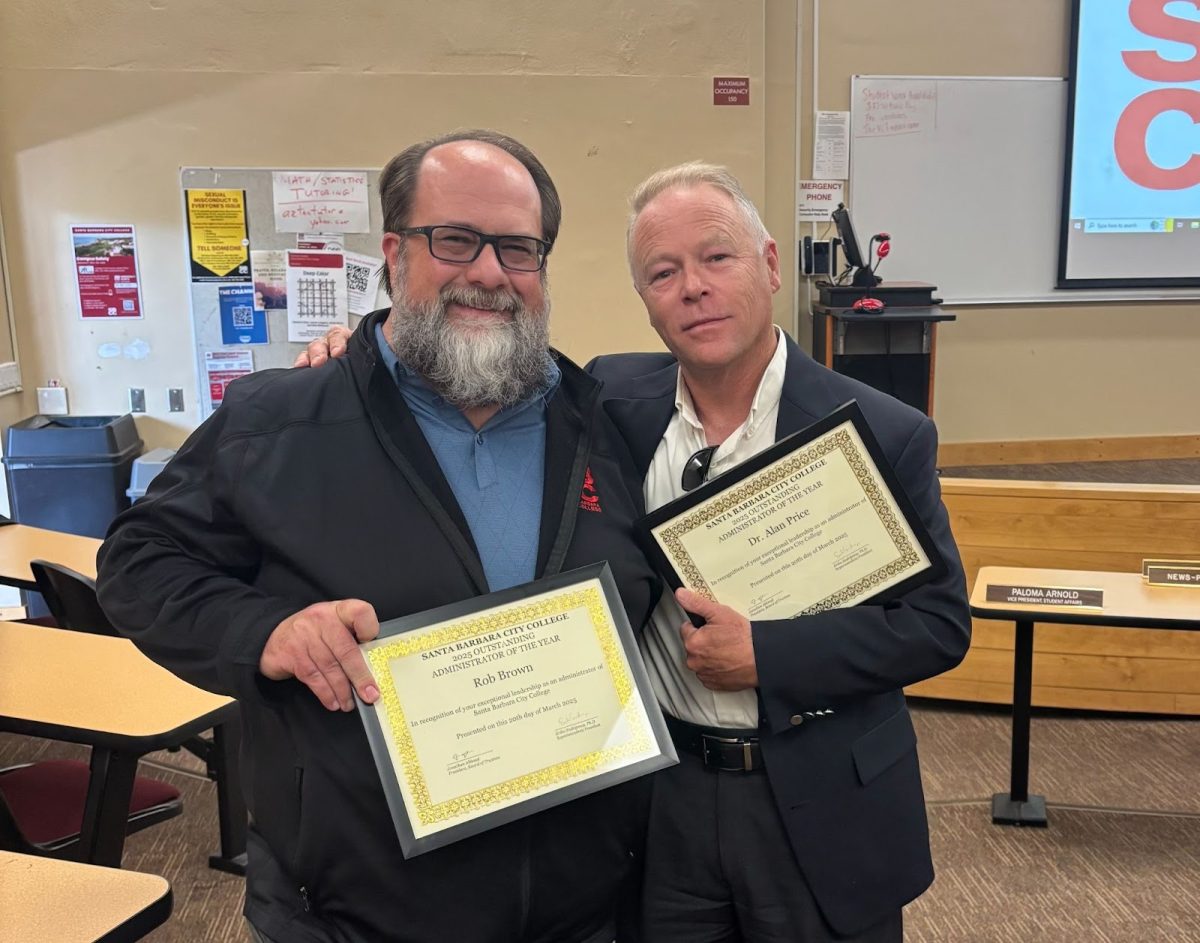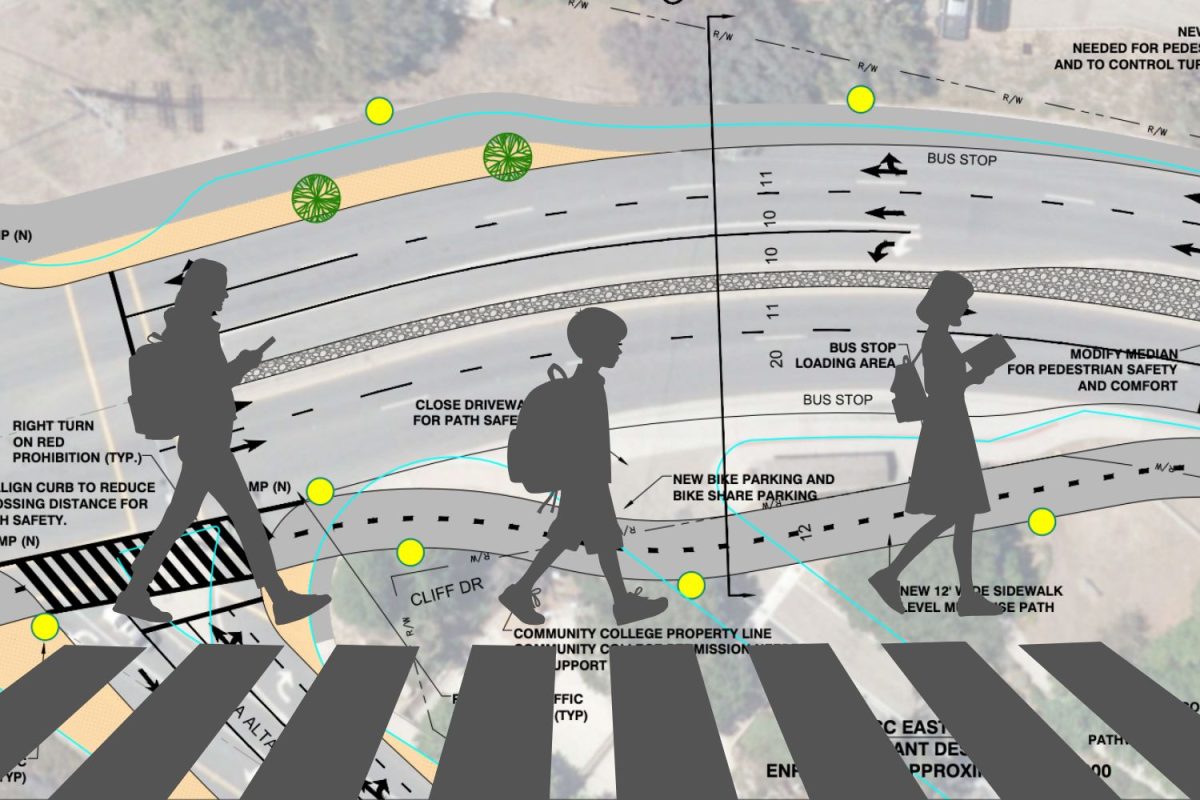The College Planning Council (CPC) discussed spending the COVID Recovery Block Grant on “health and safety” measures during their Tuesday meeting, raising confusion on what concerns qualify as approved expenditures.
After multiple discussions regarding the use of the remaining $5 million of the COVID-19 Recovery Block Grant, Superintendent President Erika Endrijonas made the final decision to spend the funds on safety concerns across campus.
While she emphasized conserving the money in case it is needed for later use, she wanted to allow the opportunity for immediate concerns or emergencies to be addressed.
This decision, having been proposed in the previous CPC meeting and finalized now, has prompted numerous questions about the glossary of “health and safety” as a category, which could pertain to anything from broken athletic equipment to campus hazards for student access to food and water. Endrijonas described the main focus of expenditures as emergencies and short-term concerns but had difficulty elaborating further as the parameters have yet to be finalized.
English as a Second Language (ESL) Student Services Assistant Raquel Hernandez voiced concerns about the lack of food available to students in the previous CPC meeting and made a public comment addressing the response she received.
“Instead of feeling heard, I felt dismissed and semi-mocked, as if I was asking for a free handout for my students,” Hernandez said. “I left feeling a loss for where these safe spaces and open spaces are on campus to have these discussions.”
After the meeting, Endrijonas wrote back in an email when asked to respond to the comment.
“I plan to include an item about communication in light of Raquel’s comment on our August CPC Retreat agenda,” Endrijonas said. “In the meantime, I think it’s important to share that from Raquel’s inquiry at CPC, a considerable amount of energy and care has gone into making sure there is more access to food for evening classes.”
Jordan Killebrew, executive director of public affairs and communications, thanked Hernandez at the end of the meeting for being outspoken about the food shortages on campus, assuring her that this concern will be taken seriously and that additional food options are “being observed and looked at.”
Marketing Instructor Rob Brown was one of the faculty members to ask Endrijonas for clarification on a health and safety concern.
“Would something like drinking fountains fall under this?” Brown asked. “It’s kind of a facility, but it’s also health because there’s no access to clean water for students in certain areas, and drinking fountains have not been functional for who knows how long.”
Approving any health and safety request, according to Endrijonas, would depend on its severity and the cost to fix it, and some would require further research on the origins of the issue altogether.
These requests will be submitted through a Google Form that will be sent out in an email to all faculty and staff after it is finalized, although a specific timeline has not been revealed. Each request from faculty must first be communicated with the dean of that department, and requests cannot be made for problems within a separate department than that of the requestor.
Additionally, Assistant Superintendent María Villagómez shared that student enrollment has increased by about 800 students since fall 2021. This enrollment increase reports on the fall 2023 semester, as spring enrollment numbers are not yet finalized.
Academic Senator Jamie Campbell asked if this increase in students allowed for more sections to be added to the schedule, to which Villagómez expressed that there would need to be a higher enrollment increase for permitting additional classes to be a productive decision.
“What these numbers tell us is that we are on the right track,” Villagómez said. “I don’t know that we are ready to discontinue these efforts.”
The CPC will reconvene on Tuesday, April 2.


